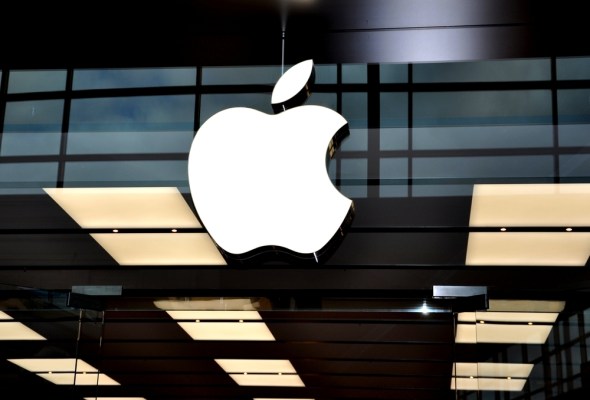Apple hires plenty of interns all year round, but one particular addition revealed this week caught the eye given the company’s current position opposing a controversial order to enable the FBI to access the iPhone used by one of the San Bernardino shooters.
Frederic Jacobs, a Switzerland-based developer who worked to develop secure messaging app Signal — the communications app of choice for NSA whistleblower Edward Snowden — announced today that he is joining the Cupertino-based company this summer to work on its CoreOS security team. Jacobs spent two-and-a-half years with Whisper Systems, the company behind Signal, before leaving earlier this year.
Signal has been praised by the cybersecurity community for its robustness. Snowden, for one, said he uses it daily. It was one of the few apps to receive top marks for security in an EFF survey, while Jonathan Ździarski, a security researcher who has been much cited in Apple’s battle with the FBI, praised it for revealing “virtually nothing” when put through its paces with data excavation tools.
It’s unclear exactly what Jacobs’ role will be at Apple, but his hiring comes at a time when the firm is under major pressure. Apple increases the security measures within iOS with every major software release, but yesterday news broke that the company is working to remove the current passcode-free recovery option from future iPhones, while it wants to begin encrypting iPhone backups on iCloud.
Why make these moves? The company has been ordered to create software to allow the FBI to access data stored on the iPhone but — were these new changes implemented — it would be unable to do that. In effect, the company has identified itself as a potential weak point in the security process because the FBI can compel it to provide data, thus, removing its ability to do that, mitigates that risk. Or at least it forces the FBI to find new ways to get inside devices.
As regards the current situation, Apple and the FBI have voiced very different opinions on the order.
FBI Director James Comey this past weekend denied wanting to create a backdoor to all iPhones.
“We don’t want to break anyone’s encryption or set a master key loose on the land. I hope thoughtful people will take the time to understand that,” Comey wrote in an editorial.
Apple CEO Tim Cook focused on the long-term implications that such a move might have. Cook called the FBI’s strategy “chilling” and, in an interview with ABC yesterday, he went so far as to describe the software that Apple has been ordered to create as being the “equivalent of cancer” which would compromise the security and safety of all Apple customers.
“[A] master key to turn 100 million locks, even if in the possession of a person you trust, could be stolen,” the Apple CEO explained. “You can imagine the target on that piece. I’m not saying [that] the government would abuse it, but there are lots of bad guys in the world. Millions of people have [already] had their personal information stolen by hackers.”

